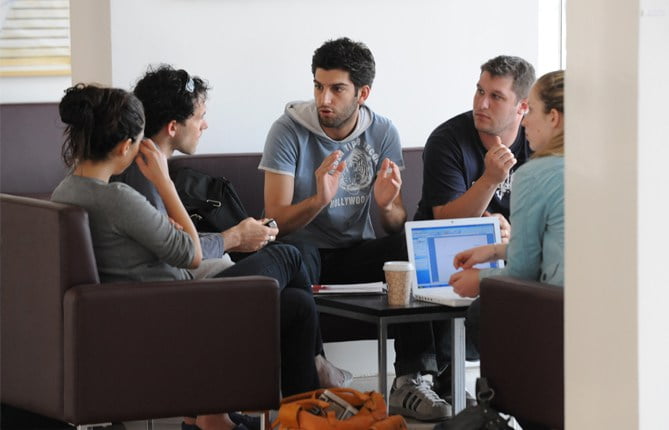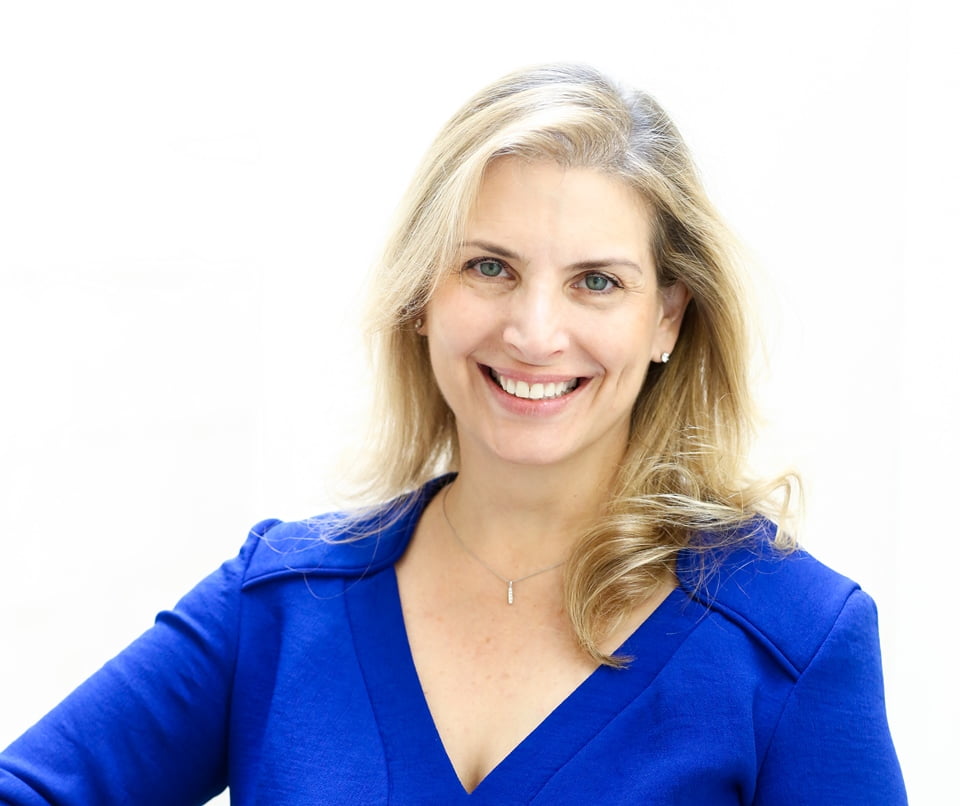Israel’s IDC Herzliya has rolled out a unique, hands-on program to promote innovation and entrepreneurship, with a focus on the toughest challenges of the 21st century – and beyond. 36 exceptional college graduates have joined this year’s exclusive program, which is excepted to culminate in the creation of several technology startups.
This one-year program for college graduates, called IDCBeyond, includes a curriculum of interdisciplinary training in technology, bio-medicine, globalization and sustainability, and is designed to encourage participants to set up ventures from the very start, with the assistance of mentors from the academia and the high-tech industry.
“I am confident that every student will make a difference in our lives,” Prof. Uriel Reichman, founder and president of IDC Herzliya, said in a broadcast statement.
At the end of the school year, students with exceptional initiatives will have the opportunity to enroll in a startup accelerator with access to venture capital funds to further promote their projects.
“Doing well by doing good”
The student body includes Israelis and participants from countries such as the US, Canada, Russia and China. 42 percent of this year’s class have graduate-level degrees (including two Ph.D.s).
“These 36 exceptional men and women were carefully selected because we believe that, with our guidance, the top mentors who have agreed to commit their time and energy, and together with our partners, they can create meaningful ventures which will do well by doing good,” IDCBeyond managing director Nava Swersky Sofer tells NoCamels.
SEE ALSO: The Top Six Global Accelerators Kick-Starting Israeli Startups
Students come from various fields, such as life sciences, space, engineering, computer science, law, business, communications, graphic design, the arts and humanities.
“Studies have shown that heterogeneous teams of individuals from many different backgrounds and various disciplines have a higher chance of success than homogeneous teams,” according to IDCBeyond. “The reason for this is rooted in the fact that multiple perspectives are important when integrating ideas in order to create something new.”
Resembling both Singularity University (a Silicon Valley think-tank) and Y-Combinator (which funds early-stage startups), the exceptional curriculum of IDCBeyond includes interdisciplinary training in various fields of technology, with a focus on world-changing initiatives.
The program recently recruited experts from the Mayo Clinic, a world-renowned medical practice and research center, to lead the curriculum of medical challenges within IDCBeyond. The project is led by Mayo’s Dr. Amir Lerman, who was recently appointed as the head of Mayo Clinic’s new initiative of discovery, investment and cooperation with Israeli companies and technologies.
Sign up for our free weekly newsletter
SubscribeThe program’s tuition is $20,000 for the full year; scholarships are available. In addition, IDCBeyond alumni will be offered a 50 percent discount for MA and MBA programs at IDC Herzliya.
Once the program ends, student teams can continue with their ventures. IDCBeyond offers outstanding teams that have presented a prototype or proof of concept by the end of the program the opportunity to continue in the program’s startup accelerator for an additional 10 weeks, free of charge.
“Finding solutions to the major problems facing humanity”
The head of IDCBeyond, Sofer, is an attorney, entrepreneur, former venture capitalist, as well as an innovation and technology commercialization expert.
Previously, she served as the CEO of Yissum, the Hebrew University’s technology transfer company, which commercialized such companies as Mobileye, a developer of driverless car technologies. Applying the university’s academic research in the real world, Sofer impacted the lives of thousands around the globe.
SEE ALSO: These Five Female Tech Leaders Inspire Innovation In Israel – And Beyond
According to Sofer, IDCBeyond is designed “to train and qualify participants in developing and establishing innovative ventures by implementing technologies to address global challenges which characterize the 21st century.” These challenges include: Water and energy solutions, brain and DNA manipulations, advanced medical treatments, driverless cars, Internet of Things, artificial intelligence, cyber-security and more.
She adds that “understanding the challenges of bio-medicine, sustainability, technology and globalization being taught by experts, will form the basis for addressing problems and initiating startups designed to find solutions to the major problems facing humanity.”
Photos and video: Courtesy
NoCamels is supported by IDC Herzliya.
Related posts

Editors’ & Readers’ Choice: 10 Favorite NoCamels Articles

Forward Facing: What Does The Future Hold For Israeli High-Tech?

Impact Innovation: Israeli Startups That Could Shape Our Future







Facebook comments